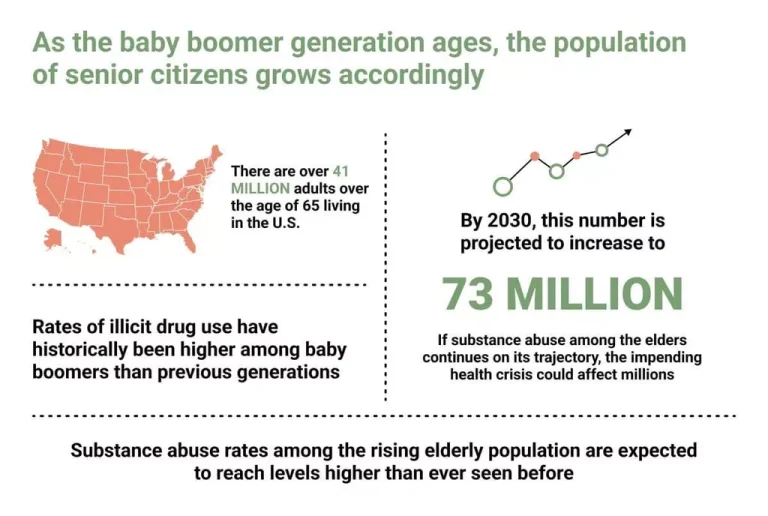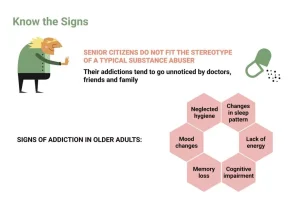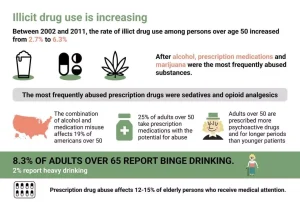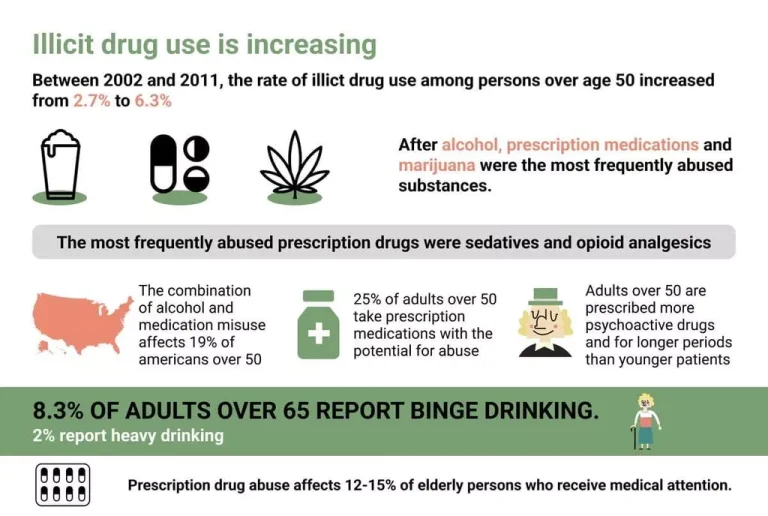
It’s often best to avoid berating or shaming your child for alcohol use. These tactics may drive a wedge between you, which can be counterproductive — parental warmth and the quality of the parent-child relationship appear to be important for preventing underage drinking. Curiosity is often a significant factor in the desire to try alcohol. Children often grow up seeing family members and other adults drink, which may induce a natural curiosity about the taste or effects of alcohol. They may see alcoholic drinks on menus, in advertisements, and at stores and want to understand why alcohol plays https://ecosoberhouse.com/ such a significant role in Western culture. Some kids drink alone or with friends to alleviate boredom; others drink to gain confidence, especially in social situations.
- What my parents did do, however, was communicate with me – accept me as my own being with the complexities and strengths and weaknesses that we all share because we are simultaneously dying and living.
- A teen who is abusing alcohol may become detached from the family, struggle academically or begin to lose interest in previously enjoyed activities, such as sports and clubs.
- According to the National Institute on Alcohol Abuse and Alcoholism (NIAAA), binge drinking is responsible for more than 90% of the alcohol consumed by adolescents.
- Cognitive behavioral therapy (CBT) refers to those approaches that focus primarily on anindividual’s thoughts and behaviors (Liese and Najavits, 1997).
Signs of Teenage Alcohol Abuse
Instead, talk to your teen about the effects drinking can have on their appearance—bad breath, bad skin, and weight gain from all the empty calories and carbs. You can also talk about how drinking makes people do embarrassing things, like peeing themselves or throwing up. It requires a shift in perspective, focusing on the real risks and consequences of underage drinking and promoting healthier, more informed attitudes toward alcohol use among adolescents. The legal drinking age in the United States is 21, but many teens have access to alcohol much earlier than that. Therefore, if someone is a teen or has a loved one who is a teen, it is important to know as much as possible about teenage alcoholism and underage drinking facts.

Effective Teen Treatment
- Instead, MacKillop suggests adolescents could be provided with better education about alcohol’s risks, and the ways that it can affect the maturing brain.
- For those seeking addiction treatment for themselves or a loved one, all phone calls are confidential and are available for 24/7 help.
- A comprehensive assessment provides a road map fordeveloping an effective treatment plan tailored to the adolescent’sspecific needs.
- Reach out to a pediatrician, a mental health professional, or a school counselor for help.
- You and your community can take steps to improve everyone’s health and quality of life.
However, it’s still a good idea to reach out to them — regardless of the cause of their behavior, they may need guidance and support. However, frequent alcohol misuse may eventually lead to AUD, according to the NIAAA. If you suspect someone is experiencing alcohol poisoning, call911immediately. Do NOT be afraid to seek help.If you do not have access to a phone contactWeb Poison Control Servicesfor Halfway house online assistance. It’s important to go over any issues you’ve discussed about the dangers of alcohol – and make sure you stick to the rules and consequences you’ve agreed. Listen, and then tell them what you’re feeling – whether that’s upset, angry, worried, disappointed, or anything else.
Teen Drinking: Risks, Consequences, And Solutions
Or you may despair at the relentless anger or indifference your teen displays towards you. However, if you feel that your child will be exposed to underage drinking, finding a way to talk to them about alcohol can be crucial in either preventing them from starting or curbing any existing alcohol use. On top of that, there are also emotional and behavioral consequences to underage drinking. Alcohol use can affect a teen’s mood and personality, trigger teen depression, anxiety, or suicidal thoughts/ideation, and lead to an increase in risky behavior such as driving while impaired, having unprotected sex, fighting, stealing, or skipping school. If you suspect that a teenager is struggling with alcohol abuse, it’s essential to seek help from professionals who specialize in adolescent substance abuse such as we offer at Clearfork Academy. Overall,up to 12%of young people ages 12 to 20 years old meet the criteria for a diagnosis of alcohol abuse or dependence.
- However, occasional teen alcohol and drug abuse can quickly escalate into teen addiction and have an impact on your home life.
- Both inpatient and outpatient therapy programs are available to teenagers misusing alcohol.
- The widespread changes in the organization and functioning of the brain—which continue into a person’s mid-20s—bring about the cognitive, emotional, and social skills necessary for adolescents to survive and thrive.
- Children often grow up seeing family members and other adults drink, which may induce a natural curiosity about the taste or effects of alcohol.
Either directly or indirectly, we all feel the effects of the aggressive behavior, property damage, injuries, violence, and deaths that can result from underage drinking. This is not simply a problem for some families—it is a nationwide concern. Co-use of multiple substances may influence the relationship between alcohol use and neural integrity. These effects can mean that a teenager doesn’t do as well in school, teenage alcoholism resulting in lifelong negative impact on their potential. In the United States, alcohol use has gradually declined among high school students in the past few decades.
Why do students drink alcohol?

You can help by educating your child on how social media portrays a distorted, glamorized snapshot of only the positives in a person’s life, rather than a realistic view that includes their daily struggles, such as unhealthy alcohol use. If you’ve discovered your child or teen is drinking alcohol, it’s normal to feel upset, angry, and worried. Underage drinking can have serious implications that may not show up until later in your child’s life.

Treatmentproviders, often funded by the health care system, should coordinatewith all settings in which teens in need of treatmentinteract—school, home, family, peer group, and where appropriate,the criminal justice system and the workplace. Department of Justice, local schooldistricts, local court agencies, and agencies that receive blockgrant funding from the Substance Abuse and Mental Health ServicesAdministration should support high-quality, coordinated programmingacross these settings. Staffqualifications vary widely, from high school to graduate degrees, andthere is often a lack of adequate training in co-occurring disorders. Inaddition, many programs do not address all of the numerous factors thataffect the adolescent’s environment, including peer groups, the juvenilejustice system, and the community.

The teenage years are the period during whichyoung people gain autonomy. Adolescents in treatment are often notgranted autonomy; this creates tension and frustration between thetherapist and the teen (Personal communication, Nancy Jainchill,Center for Therapeutic Community Research, June 1, 2001). Some parents believe that providing alcohol and allowing teenagers to drink in a supervised setting can encourage responsible alcohol use. But the science suggests that this approach may be likely to backfire. On the other hand, excessive stress or worry about academics could prompt some students to engage in risky behaviors like alcohol use as a form of stress release. And influence from their peer groups might push some teens to drink who otherwise wouldn’t.

No comment